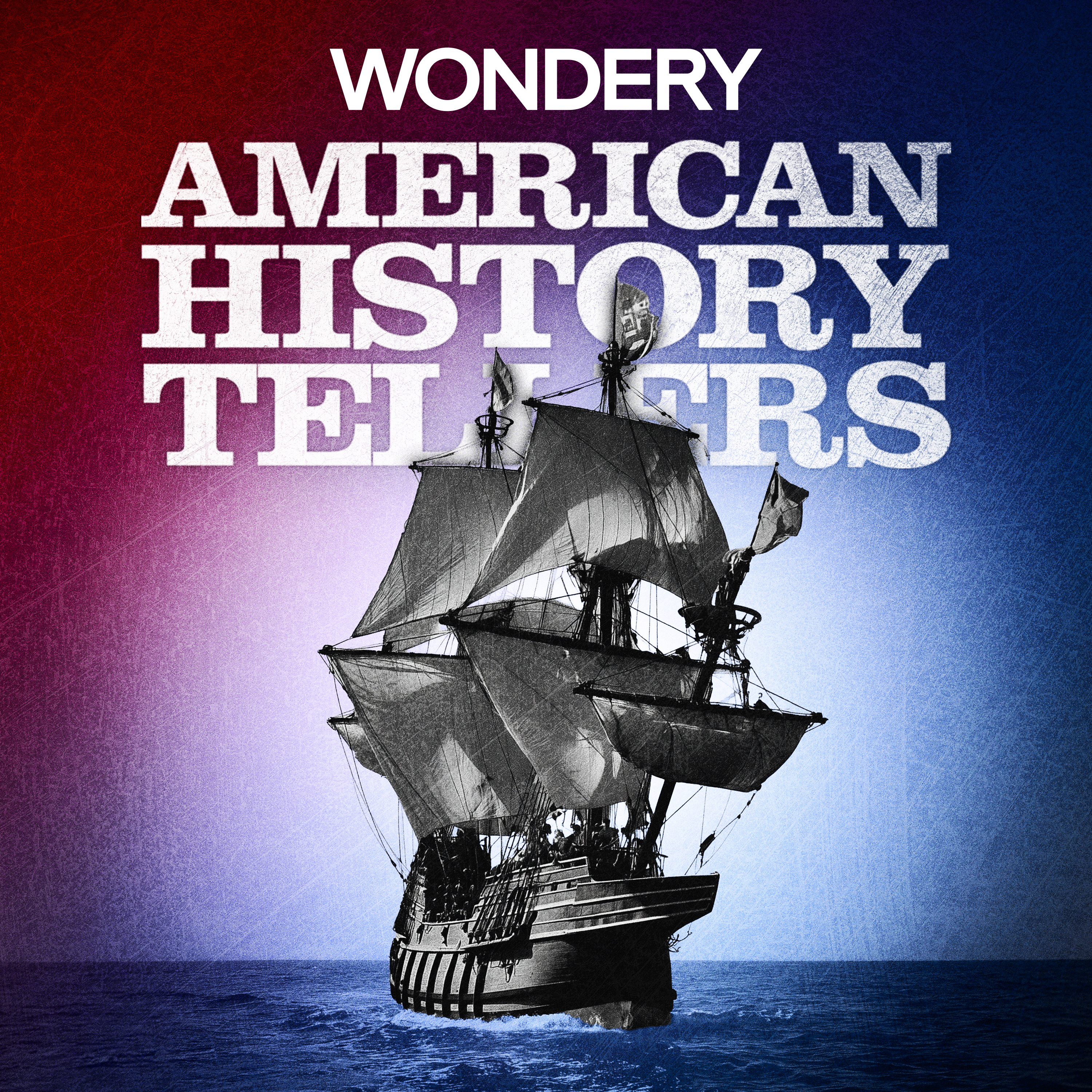
Duty & Valor - Military Stories of Courage and Sacrifice
Duty & Valor - Military Stories of Courage and Sacrifice
US Marine Corps Maj Kurt Chew-Een Lee
In this episode of Duty & Valor, we honor the extraordinary life and legacy of Kurt Chew-Een Lee, the first Asian American officer in the United States Marine Corps. Lee's journey is one of breaking barriers, defying odds, and exemplifying true courage and leadership in the face of overwhelming adversity. His unwavering determination to serve his country despite the racial prejudices of the time, and his heroic actions during the Korean War that earned him the Navy Cross, Silver Star, and Purple Heart.
Please visit our website to learn more about other American Heroes.
www.dutyandvalor.com
Sources:
military.com
yahoo.com
historynet.com
smithsonianmag.com
wikipedia.org
militarytimes.com
Duty & Valor Challenge Coin
Honor our heroes. Every coin helps wounded warriors rebuild their lives. Thank you!
1620 WORKWEAR: Made in the USA. GUARANTEED FOR LIFE
Disclaimer: This post contains affiliate links. If you make a purchase, I may receive a commission at no extra cost to you.
Thank you for listening to Duty & Valor!
Music by Amelie Leclerc. Artist's other music can be found here.
Please follow us on your favorite social media site.
Facebook
Instagram
Twitter
YouTube
Welcome back everyone. Before you hear today's story, I wanted to play a quick Medal of Honor tale about Marine Corps Sergeant Major John Canley, a Vietnam hero. This audio was pulled directly from the short that we recently posted on our YouTube channel, duty and Valor. All of the shorts featured on our channel are under a minute long and are a summary of amazing heroic acts. We have approximately 200 of these stories that haven't been featured on our show yet, so head over there if you want to hear some quick tales of valor. Please like, share and follow us wherever you're listening. Please enjoy.
Speaker 1:While serving in Vietnam from January 31st to February 6th 1968, john Canley, who was then a gunnery sergeant, displayed exceptional valor. Moving along a highway towards Hue City to relieve friendly forces surrounded by the enemy. His company faced relentless enemy attacks. Despite sustaining wounds, gunnery Sergeant Canley courageously traversed fire-swept terrain rescuing wounded Marines. When his commanding officer was wounded, gunnery Sergeant Canley assumed command and led the company into the city. Amidst deadly crossfire, he established a base of fire, executed a flanking attack and eliminated multiple enemy positions. Over three days he maintained command, leading attacks on fortified positions and repeatedly risking enemy fire to save wounded Marines During a fierce firefight. On February 6th at a hospital compound, gunnery, sergeant Canley scaled the wall twice in full view of the enemy, carrying wounded Marines to safety. I hope you enjoyed the incredible story of Sergeant Major Canley as much as I did. I hope you enjoyed the incredible story of Sergeant Major Canley as much as I did.
Speaker 1:In today's episode I have another tale of bravery, resilience and extraordinary service. This episode is about Major Kurt Chewien Lee, the first Asian American officer in the United States Marine Corps. No-transcript Chuyin Li, who would go by Kurt, was born in San Francisco on January 21st 1926 to Chinese immigrant parents. I couldn't find the name of his mother, but his father's name was M Young Lee. In a book written by Martin Russ titled Breakout the Chosin Reservoir Campaign, kurt is quoted as saying that his mother's Chinese name was Gold Jade, while his father's was Brilliant Scholar. Together, his parents raised three sons and three daughters.
Speaker 1:As the United States entered World War II. Kurt was a young high school student and a member of the Junior Reserve Officer Training Corps. In 1944, he was old enough to enlist and join the Marine Corps. He was ordered to learn Japanese, but with the war still raging, kurt was disappointed to find that he would remain stateside as a language instructor. By October 1945, kurt had earned the rank of sergeant and was accepted into officer training. Kurt had earned the rank of sergeant and was accepted into officer training, graduating in April 1946, 2nd Lieutenant Lee became the first non-white and the first Asian American officer in Marine Corps history. He was then sent to Guam and then later China, where his language skills were used to interrogate Japanese prisoners.
Speaker 1:As the Korean War began, lieutenant Lee was a machine gun platoon leader in Baker Company, 1st Battalion, 7th Marines. In 1950, the Marine Corps was still not fully integrated. Many of Lieutenant Lee's men had never seen a Chinese person before, let alone been commanded by one. Facing discrimination and doubts of his loyalty, lieutenant Lee was steadfast. He was a Marine Corps officer first and foremost. Years later, he would tell the LA Times quote I would have done whatever was necessary. It didn't matter, they were my enemy. Unquote.
Speaker 1:On September 1st 1950, lieutenant Lee and his unit departed for the Korean Peninsula. He drilled his men on the deck of their ship during their two-week journey, preparing them for combat. Other officers ridiculed his actions, seeing them as unnecessary. Before actually arriving in Korea, attempts were made to reassign Lieutenant Lee, but he insisted that he was there to fight and eventually his commander relented and he remained in charge of his platoon. On September 21, 1950, they landed at Incheon, south Korea, just days after the Battle of Incheon had ended. This battle was an amphibious invasion that turned the tide of the war in the favor of the United Nations forces. Over the next five weeks, lieutenant Lee and his marines fought fiercely and aided in pushing the North Korean forces further north as they crossed the 38th parallel, the line separating North and South Korea. Their advance was halted by the Chinese intervention in the war.
Speaker 1:On the snowy night of November 2nd, lieutenant Lee and his marines faced a fierce attack by countless Chinese soldiers who overran their left flank, with visibility impaired by darkness. Lieutenant Lee instructed his men to shoot at the enemy muzzle flashes Advancing alone. He shot and threw grenades at the enemy, which forced them to fire towards him, exposing their position to his men. The Chinese forces suffered heavy casualties and were forced to retreat. Lieutenant Lee again moved ahead alone to identify enemy positions so he could reposition his machine guns. He faced heavy enemy fire while moving forward and was wounded in the knee, but he didn't let that stop him. He continued toward the enemy and began shouting at them in Mandarin, urging them not to shoot as he was Chinese. This confused the enemy and he was able to lob grenades and fire at their position. With the help of his men, they were able to overrun the Chinese. Early the next morning a sniper's bullet struck Lieutenant Lee in his right elbow, shattering it For his actions. That night he was awarded the Navy Cross.
Speaker 1:After spending five days in a field hospital, lieutenant Lee learned he was being sent to Japan to recover. Unwilling to leave his men, he commandeered a jeep with an injured sergeant and made his way back to his unit. They made it to within 10 miles before the jeep ran out of gas, forcing the two injured Marines to walk the remainder of the way. Despite his injuries, after joining his unit, lieutenant Lee focused on training his men, preparing them for the challenges ahead.
Speaker 1:On November 27, 1950, chinese forces surprised and overran American forces near the Chosin Reservoir. This attack led to approximately 8,000 Americans cut off and surrounded by tens of thousands of Chinese soldiers. On December 2, lieutenant Lee was tasked with spearheading the American response. He and his unit were part of a 500-man force tasked with finding and relieving the beleaguered Americans. His commanding officer had no advice to offer on how to complete this, other than avoiding the heavily patrolled roads. This led to the only option of traversing the mountains towards their target Using only a compass.
Speaker 1:Lieutenant Lee, whose arm was in a cast, led the Marines in a single file as they navigated the steep, snow-covered hills. As they progressed, they encountered Chinese forces on a rocky hill. Lieutenant Lee gave the order to attack the hill without stopping, ensuring that they didn't allow the Chinese to raise their heads and fire back at them. As they reached the enemy foxholes, lieutenant Lee shot two enemy soldiers and then continued towards the top. As he made it to the top, he found the other side of the hill covered in enemy foxholes. However, the Chinese were expecting a direct attack from the other direction. Holes. However, the Chinese were expecting a direct attack from the other direction. Luckily, the enemy had known of the Marines' fearless attack up the hill on the other side, so they were now fleeing away. Following this, they made contact with nearby Fox Company and then commenced a mortar attack and called in airstrikes on the enemy surrounding them. Lieutenant Lee then led Baker Company on a fierce attack that opened up a path to Fox Company. As they were attacking Chinese positions, lieutenant Lee was struck by a bullet in his right arm just above his cast. Again, he didn't let this wound stop him. He led Baker Company on further attacks against Chinese forces, ensuring that other American units had a path to safety. For his leadership during this reinforcement mission that saved the lives of up to 8,000 Americans, lieutenant Lee was awarded the Silver Star. Less than a week later, lieutenant Lee was badly wounded by enemy machine gun fire, which meant his time in combat was over.
Speaker 1:Following the Korean War, curt Lee was promoted to captain and then to major in January 1963. He held various instructor positions at the Basic School, which developed newly commissioned officers into becoming Marine Corps officers. He then served as an intelligence officer during the Vietnam War before retiring from the Marine Corps in 1968 at the rank of Major. On March 3, 2014, major Kurt Chew-In Lee passed away at the age of 88 and is buried at Arlington National Cemetery. Major Kurt Chew-In Lee exemplified the indomitable spirit of a true hero. As the first Asian American officer in the Marine Corps, he shattered racial barriers with unwavering determination and fierce dedication. His legendary courage during the Korean War showcased his extraordinary leadership and bravery under fire.
Speaker 1:Thank you for listening to this episode of Duty Valor. If you enjoyed this episode and our show in general, please like, follow and share wherever you're listening To read more about this week's hero. Check out the sources used in today's episode in our show notes and at dutyandvalorcom. Just a reminder we release new episodes on our YouTube channel of the same name on Fridays at 5pm. Also on our channel, we release daily YouTube shorts that highlight our nation's heroes, most of whom haven't been featured on our show yet. Please join us for our next episode, where we'll be sharing the inspiring story of another American hero who served with pride and lived with humility.
Podcasts we love
Check out these other fine podcasts recommended by us, not an algorithm.

The Shawn Ryan Show
Shawn Ryan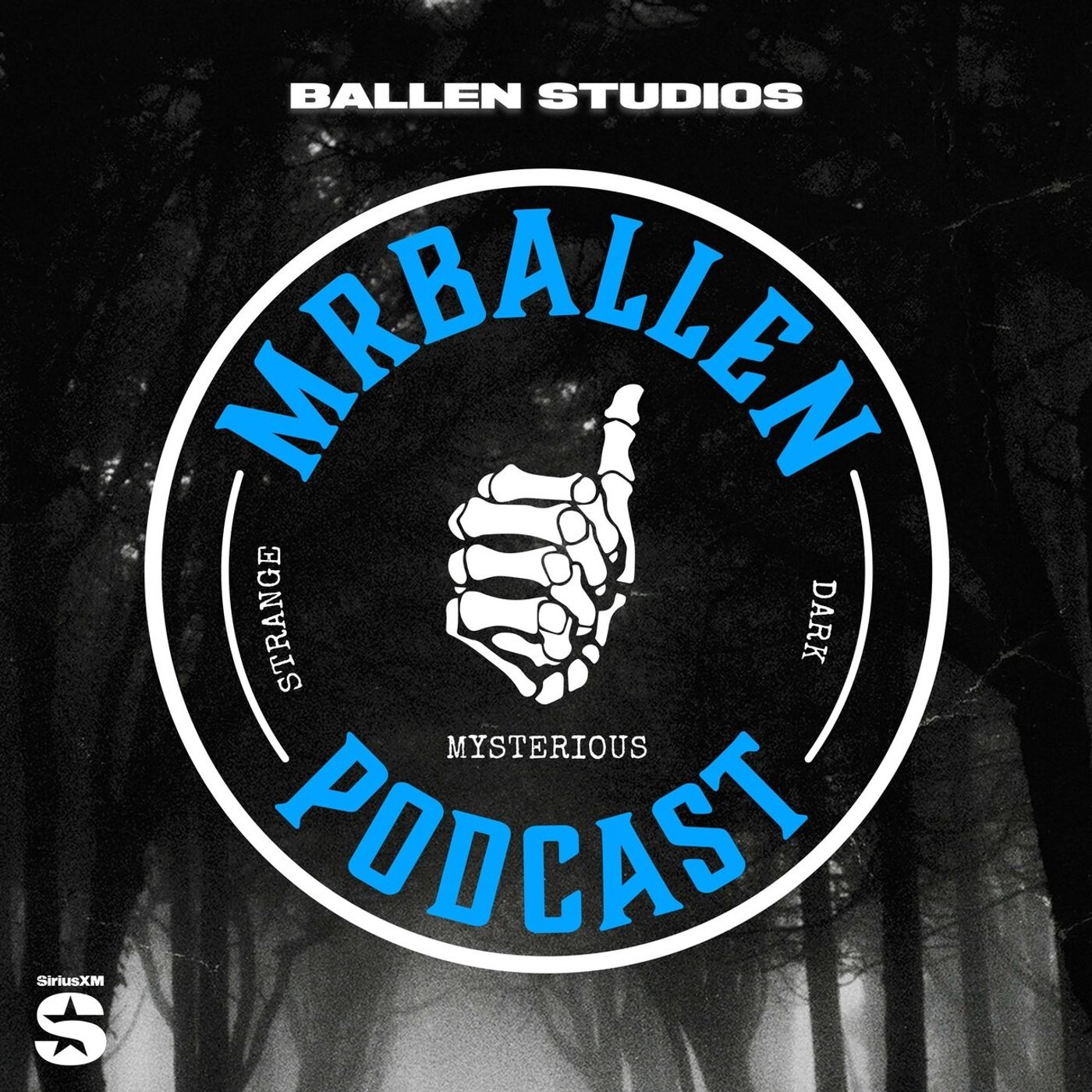
MrBallen Podcast: Strange, Dark & Mysterious Stories
Ballen Studios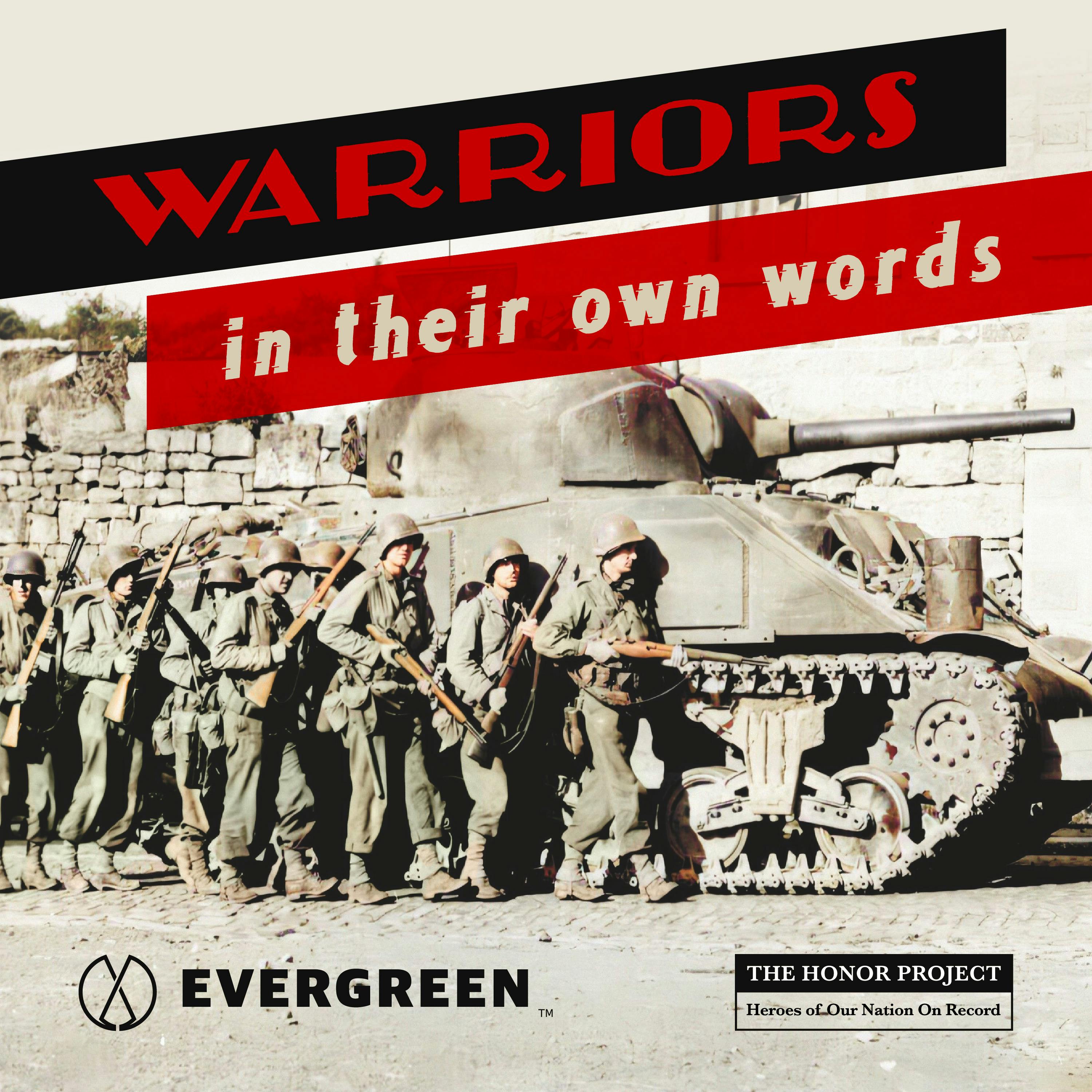
Warriors In Their Own Words | First Person War Stories
Evergreen Podcasts | The Honor Project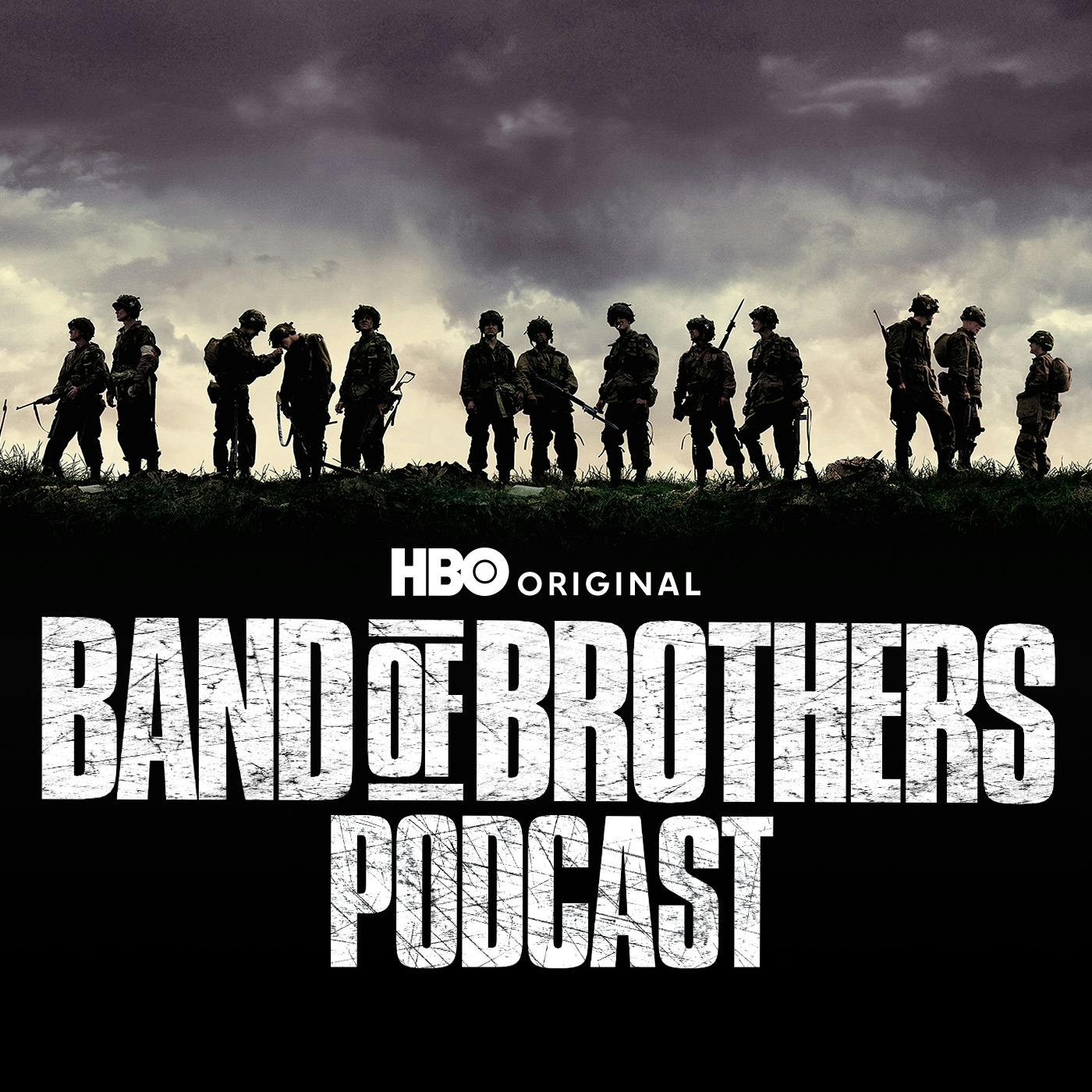
Band of Brothers Podcast
HBO Max
Jocko Podcast
Jocko DEFCOR Network
Military Murder
Mama Margot Productions LLC
Casefile True Crime
Casefile Presents
Buried Bones - a historical true crime podcast with Kate Winkler Dawson and Paul Holes
Exactly Right and iHeartPodcasts
The Deck
audiochuck
Park Predators
audiochuck
Crime Junkie
audiochuck
Unfuck Nation with Gary John Bishop
Gary John Bishop
Combat Story
Ryan Fugit
Dark Downeast
audiochuck
The Military Leader
The Military Leader
Dateline NBC
NBC News
The Jordan Harbinger Show
Jordan Harbinger
Cold Case Files
A&E / PodcastOne
20/20
ABC News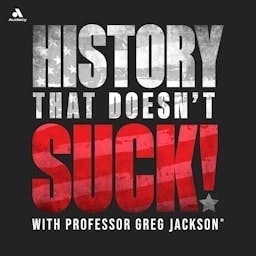
History That Doesn't Suck
Prof. Greg Jackson
HISTORY This Week
The HISTORY® Channel | Back Pocket Studios
American Scandal
Wondery